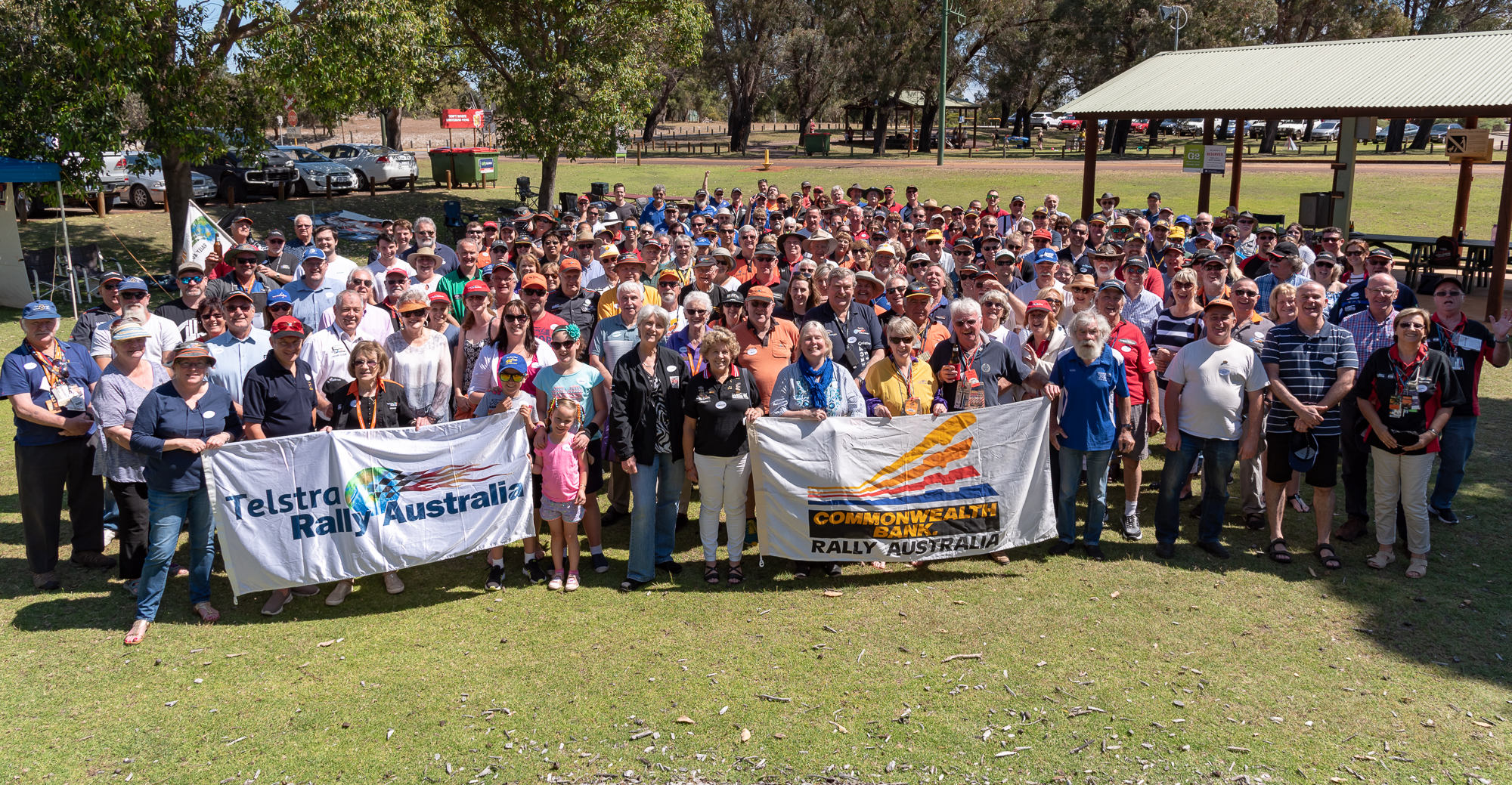Australia’s campaign to join the FIA World Rally Championship became a reality 30 years ago.
After a year of planning, the inaugural Rally Australia was held from November 4-6, 1988.
It laid the foundation for Australia joining the WRC with the Perth-based event in ’89, establishing a legacy that continues with the running of Rally Australia at NSW’s Coffs Coast.
This year’s event from November 15-18 is the final and deciding round of the WRC, with three drivers vying for the world title.
The 30th anniversary of Rally Australia, which changed the face of the organisation and promotion of WRC events, was celebrated in Perth over the weekend.
On Sunday more that 250 of the original organising team, office staff, management and competitors came together at a barbeque at Perth’s Whiteman Park, as part of two days of celebrations.
Guests over the weekend included former Chairman of EventsCorp John Osborn, its then-General Manager Terry Penn, Organising Committee Chairman Garry Connelly, Former CEO Shane Crockett, and other members of the Board, Organising Committee, Management, Staff and Officials, including current Sporting Director Adrian Stafford.
The inaugural Rally Australia was based in Fremantle and was strongly supported by the Western Australian government through its major events company EventsCorp. The event was closely observed by the FIA, which sent a high-level delegation including the then-president of the FIA Rally Commission, Guy Goutard.
Manufacturer teams from Europe and Japan entered top drivers and sent team managers to witness the event and assess its worthiness for entry into the WRC.
History records that the event was an outstanding success in every regard and within a matter of weeks, the FIA World Motor Sport Council confirmed its place on the calendar for the 1989 World Rally Championship.
From ’89, the event was based in the centre of Perth, where it remained until 2006. During its time in Western Australia, Rally Australia became world-renown for its innovation, creativity and excellence in organisation.
Many of its ‘radical’ and innovative experiments are now standard practice in the WRC. The iconic Langley Park Super Special Stage became a popular feature with competitors and spectators alike, spawning similar ‘stadium’ stages at most other WRC events.




